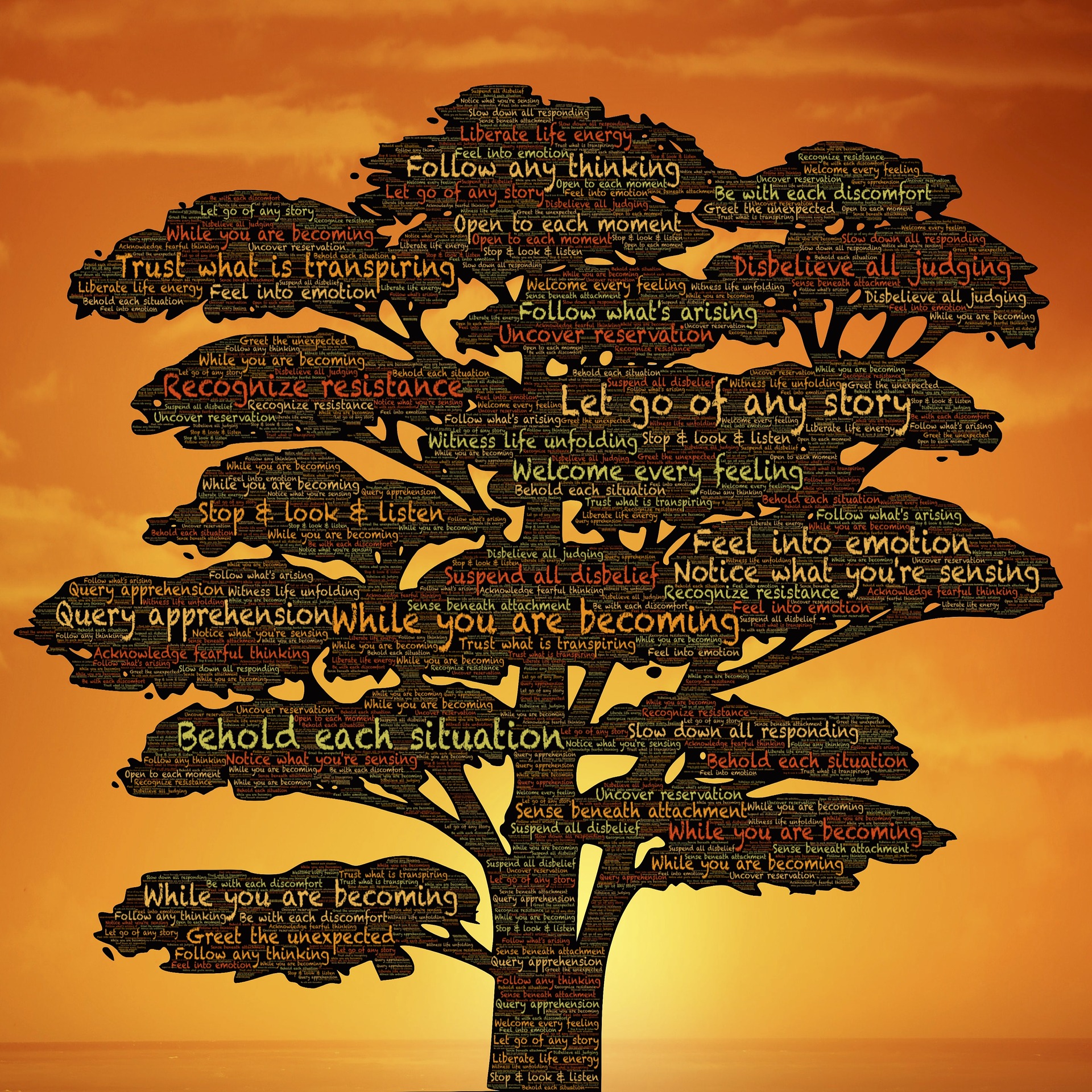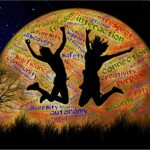Changing your life is difficult, very difficult, despite what all of those self-help gurus say. If it wasn’t so hard, most everyone would be the people they want to be and live the lives they want to live. Too often, people blame themselves for their inability to change their lives for the better, seeing weakness and personal shortcomings as the reasons for their inability to have lives filled with meaning, satisfaction, or joy. Adding insult to injury, people are often criticized by others for lacking willpower, determination, persistence, and perseverance.
Yet, these judgments are often unfair because they don’t take into account other internal and external forces that act as anchors to positive life change. The reality is that it is far more difficult to change than people think. In fact, so many forces conspire to keep us just the way we are, even if it is not the way we want to be.
First, our evolutionary instincts are focused on survival, maintaining homeostasis, and staying comfortable. These primitive drives worked very well on the Serengeti 250,000 years ago, but don’t work so well in our efforts at evolving as people in 2023 so we can do more than just survive every day.
Second, our emotional baggage (e.g., low self-esteem, perfectionism, fear of failure, need for control, need to please) helped protect us from pain as children, but now keeps pulling us down the bad road of stagnancy and unhappiness. These deeply ingrained needs compel us to act in ways that served a purpose when we were younger, but now prevent us from changing the course of our lives.
Third, family dynamics can keep us stuck where you are. Most family dynamics (e.g., attitudes, beliefs, relationships, communication styles, hierarchies) get established early in our lives in ways that best meet the needs of those dominant in a family and that enable a family to function. Family members expect those dynamics to remain intact. Pressure from parents, children, and siblings who are invested in who we are and don’t want us to grow out of fear that the existing family dynamic will be get disrupted or, even worse, they will lose us.
Fourth, our popular culture exerts an outsized influence on us, most powerfully these days through the many platforms found on the internet, most notably, social media. Through persuasive technology, our popular culture does everything it can to control us including our attitudes, beliefs, interests, attention, decisions, and behaviors. It wants us to conform to who it wants us to be rather than who we want to be, all in the name of accumulating more Benjamins (i.e., to make more money) with a truly reckless disregard for what is best for us.
Fifth, we humans are creatures of habit (also for evolutionary reasons). There are three things we don’t like: unfamiliarity, unpredictability, and lack of control because on the Serengeti 250,000 years ago, if we experienced those three states, death was likely close behind. So, we establish habits, routines, and patterns that we rely on to feel safe and comfortable. By engaging in these habits over and over again, even if they aren’t healthy, they become so deeply ingrained in our psyches and neural structures that retraining our attitudes, beliefs, and behaviors, and rewiring our brains can seem like an insurmountable hurdle.
Sixth, for similar evolutionary reasons, we humans are also inertial creatures. Think of us as asteroids hurtling through space. Unless a powerful force is exerted on the asteroid that is our lives, we will continue on that same trajectory forever. Because of the size of our asteroid, the speed it is traveling, and the momentum it’s carrying, it takes a huge and persistent force to move our lives from its current inertial path.
Lastly, despite our desire and determination at a conscious level to change our lives for the better, fear can hold us back from putting that drive into action. Due to evolution, fear is our most elemental force because it catalyzes immediate and powerful physiological and psychological changes that increase our chances of survival. Again, fear worked well on the Serengeti 250,000 years ago, but doesn’t work very well today. What we fear most when we consider making significant changes to our lives is the unknown. We might not be happy, but our lives are familiar, predictable, and, as a result, perversely comfortable, and, except in extreme cases, we have learned to manage the difficulties we face. Your life may not be great now, but if you make a big change in your life, there’s no way to tell what might happen. Again, due to evolution, we tend to focus on the bad things that might happen, so choose, usually against our best interests, to maintain the status quo in our lives, however unsatisfying it is. As the saying goes, “Better the devil you know than the devil you don’t know.”
I apologize if I’m painting a rather discouraging picture of what it takes to change our lives for the better. But all of our best intentions and efforts will go for naught if we don’t recognize and confront the formidable, persistent, and mostly unconscious forces that can prevent us from taking the first step, much less completing our journey of positive life change (think walking into a gale-force wind).
As you contemplate the kind of person you want to be and the type of life you want to lead, it is essential that you identify, understand, and mitigate these forces in your life until you’ve broken free of their “gravitational pull” and can pursue your most dearly held hopes, dreams, and goals with confidence, courage, and vigor, and without doubt, worry, or fear. I’ll explore how to do that in my next article.







